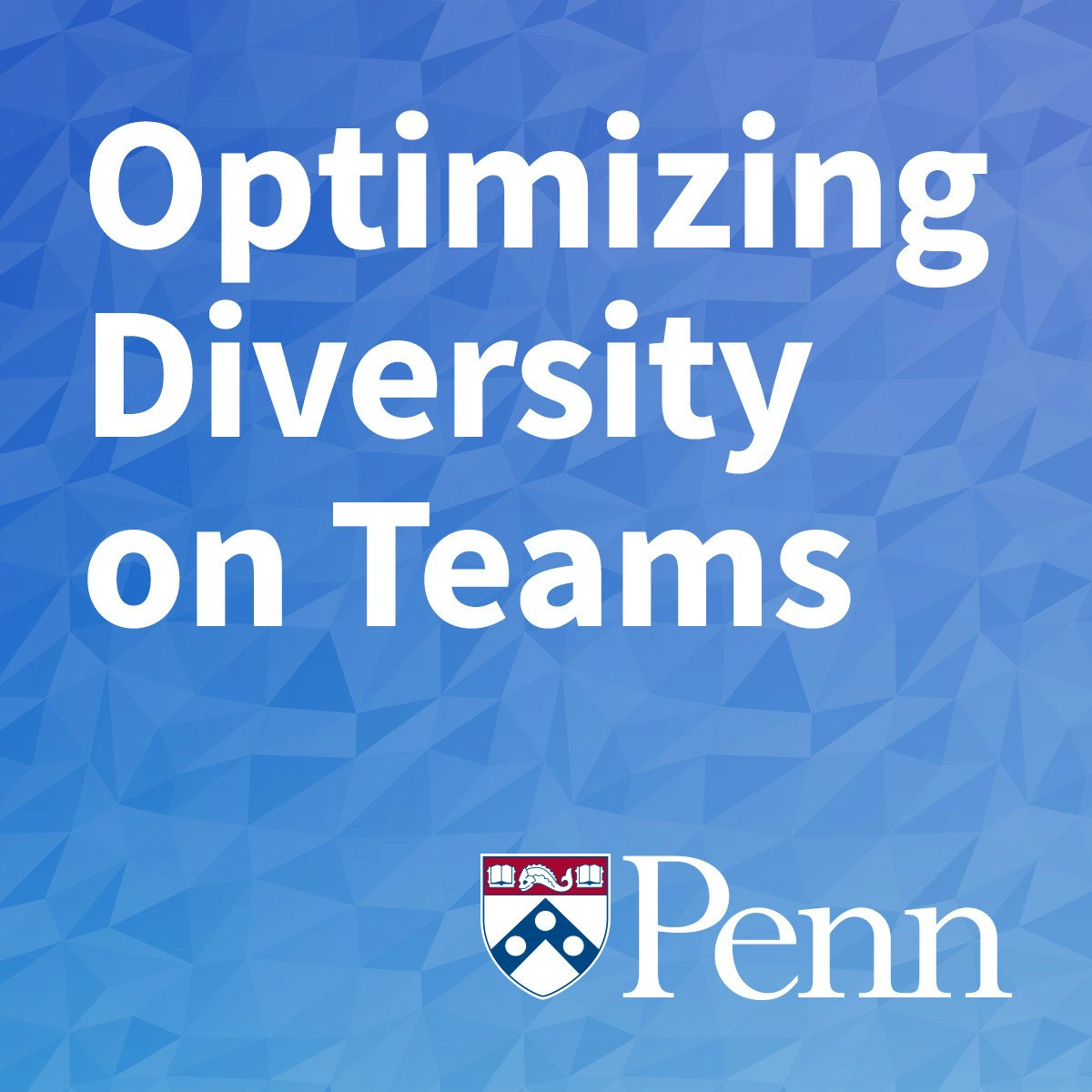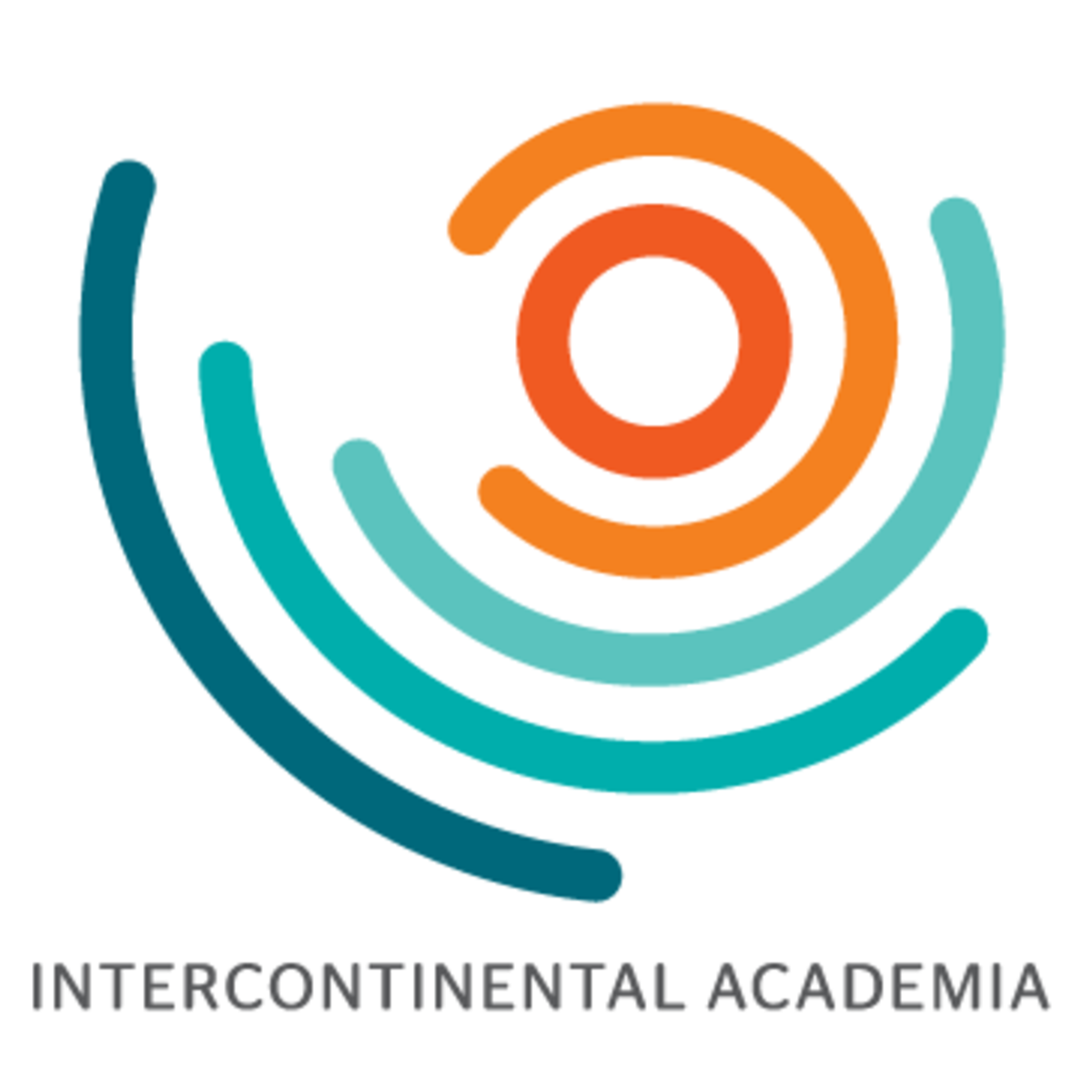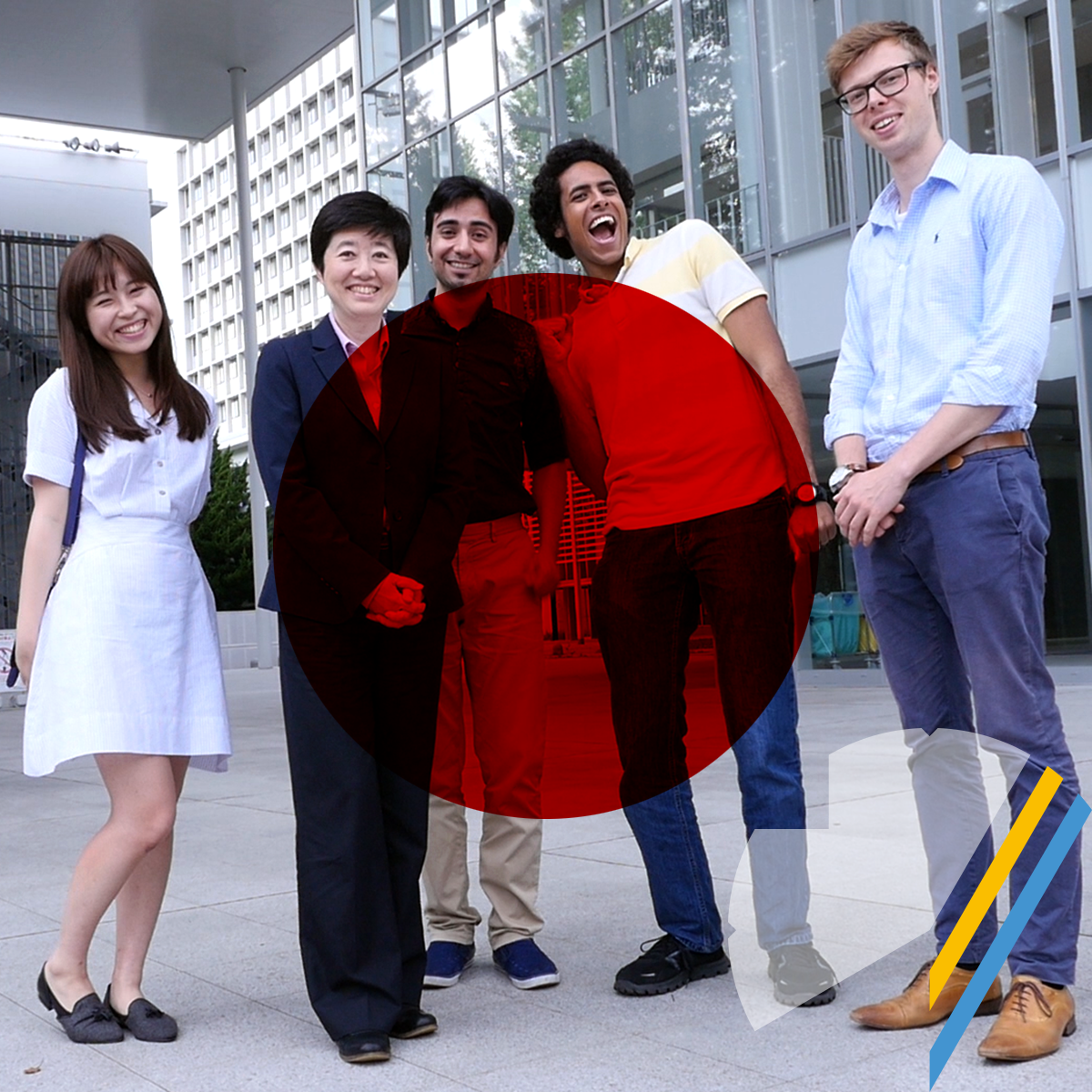Back to Courses









Personal Development Courses - Page 31
Showing results 301-310 of 514

Optimizing Diversity on Teams
By drawing on social science perspectives, this course enables you to learn what diversity is, and how to use it to maximize team performance, innovation and creativity. You also learn how to draw out the collective wisdom of diverse teams, handle conflict and establish common ground rules through real-world cases and peer-to-peer discussions. In addition, you discover how to overcome common biases faced in diverse teams. Systems of power, reward and rhetoric are discussed to help you create prosperous teams where differences flourish.

The Growth Mindset
Are you interested in expanding your career, and want to be a more creative and innovative employee who embraces problems and challenges, and thrives in those circumstances?
This course will help you determine if you have a fixed mindset or growth mindset, the triggers to watch for when falling into a fixed mindset, and how to transition to a growth mindset.
Throughout this course, we will look at several ways in which you can help facilitate a growth mindset in the workplace. To help create environments where each individual has the chance to reach their greatest potential (think productivity), stay motivated on the job (think retention), and continue to develop their skills and knowledge base in a progressive and meaningful way (think life-long learner).
One of the most important lessons you’ll learn in this course is that mindset is shifted from moment to moment through recognition and practice. You will be able to learn the process for shifting your mindset that you can turn back to long after the course ends to continue your Growth Mindset journey.

Speaking Skills for University Success
As a student in an English-speaking university, you’ll need to speak in many situations, both formal and informal, planned and spontaneous. In this course, you’ll get advice for speaking in many different situations. You’ll learn how to prepare for an academic discussion with classmates and how to lead a discussion effectively. You’ll learn about how to work smoothly in group projects—a popular type of assignment in many university classes—and what to say in small talk with classmates or others. You’ll learn how to give an unplanned, impromptu speech and also how to plan and deliver a formal presentation in class. Speaking in any of these situations can be a bit intimidating, but if you know what to do and practice whenever the opportunity arises, it will become easier, and you can become a more confident and successful speaker.

Editing Table of Content and Layouts in Microsoft Word
At the end of this project, you will be able to use different layout features in Microsoft Word. You will be able to create a Word document that is visually appealing and has all the features a multipage document should contain. You will be able to add a table of content, footnotes, endnotes, and page numbers. This will allow you to create the perfect document. You will also be able to easily navigate through Microsoft Word and use these different features easily.

Create Conditional Survey Forms using Zoho Forms
Welcome to this project on Create Conditional Survey Forms using Zoho Forms. By the end of this project, you will be able to create a form for people to answer survey questions and for you to conduct better research. With forms, you can invite people to fill in survey details and answer questions for you.

Giving Helpful Feedback
This course teaches you the simple principles expert managers use to improve and motivate employee performance. You’ll never have to avoid telling an employee “the truth” again, because the seven techniques we teach will not make employees defensive or afraid. As a manager, or someone who would like to be a manager, you’ll also learn specifically what feedback is, how negative feedback is weighed more heavily than positive, and how positive feedback can super-charge behaviors such as creativity and teamwork.
Giving feedback is a skill which develops over time. We give you a process you can use to improve your feedback skills and deliver it with confidence. You will find that there is a scientific basis for many of your observations and intuitions about feedback—such as, it is hard to give correctly, people don’t like it, and more. This will be reassuring as you learn how to overcome these difficulties. We hope you have a fantastic time becoming a better manager!

Off the Clock: The Many Faces of Time
“Off the Clock: The Many Faces of Time” presents a transdisciplinary and transnational set of perspectives on time. This MOOC aims to expand the learners' understanding of the many facets of time, from our human experience of the present to plants, animals, bacteria, and even art’s relationship to the passing of time.
This course equips learners with multidisciplinary tools for thinking about time in human and more-than-human constituents. To do so, the course asks and answers three key questions. First, course participants will acquire the skills needed to join philosophers and physicists in asking: what is time, and what are its features? Next, joining psychologists, chronobiologists, and philosophers of time, the participants will tackle the question: how do humans and non-humans perceive time? Finally, learners will acquire the skills to think with linguists, anthropologists, and psychologists about the way that humans conceive and value time. Throughout the course, each participant will learn to think across disciplines about time, one of the most fundamental aspects of being itself.
About the creation of the MOOC
The course was produced by 13 young researchers from different areas and nationalities participating in the 1st Intercontinental Academia (ICA 1) of UBIAS, a network of university-based institutes for advanced study on all continents.
ICA 1 was organized by the Institute of Advanced Studies (IEA) at the University of São Paulo and the Institute for Advanced Research (IAR) at Nagoya University. During two intensive meetings in São Paulo (April 2015) and Nagoya (March 2016), the participants had the opportunity to learn from dozens of conferences given by senior researchers in anthropology, philosophy, physics, neurobiology, chronobiology, psychoanalysis, environmental sciences, and other areas, all related to the common theme: Time. The MOOC is the result of this interdisciplinary and intercontinental work.
This production has only been possible thanks to the efforts of the first UBIAS coordinating team (Freiburg Institute for Advanced Studies - FRIAS), the host institutes (IEA and IAR), and their staff. However, what has really shaped the MOOC, apart from the discussions and efforts towards developing a script by all the 13 young researchers, was the commitment and dedication of a smaller group that met once again during one week in March 2017, at the “Clarimundo de Jesus” Research Base of USP's Oceanographic Institute (IO), in Ubatuba, coast of the Brazilian state of São Paulo. Lead by Nikki Moore (Wake Forest University and Rice University, USA) in partnership with Marius Müller (Federal University of Pernambuco, Brazil), Valtteri Arstila (University of Turku, Finland), Eduardo Almeida (University of São Paulo, Brazil), David Gange (University of Birmingham, UK), and Helder Nakaya (University of São Paulo, Brazil), this group took on the responsibility to edit the final script and act as lecturers. The filming has audiovisual direction of Priscila Lima.
On the Coursera platform, the course is coordinated by Eduardo Almeida and Marius Müller.
The activities of ICA 1 have promoted the creation of the Olavo Setubal Chair of Art, Culture, and Science, which was officially launched in 2016 as an IEA initiative in partnership with the Itaú Cultural Institute. The Chair is a space for the discussion and promotion of activities related to the world of the arts, with a special focus on cultural management, whose objective is to foster interdisciplinary reflections on academic, artistic, cultural, and social issues of regional and global scope. It has two programs: “Global Networks of Young Researchers” and “Leaders in Art, Culture, and Science”. The first one, which includes the Intercontinental Academia, aims to foster and promote interdisciplinary studies by young researchers, contributing to the formation of new leaders in the university, scientific, and cultural spheres. The second one, held every year, is headed by the Chair holder: an exponent from the artistic, cultural, political, social, economic or academic world. Professors, researchers, students, and national and international personalities participate in the promoted activities. Special attention is paid to public policies for art, culture, and science.

Strategic Procurement and Sourcing Conclusions
This course will be the final course in the Global Procurement and Sourcing Specialization.
We will covering three things:
First, there will be a final set of readings of articles that are looking at the future of Strategic Procurement and Sourcing. While many of the articles differ in their point of view, all the authors focus on the continued important of procurement in the business world today.
Second, we will do a complete wrap-up and key takeaways for all of the courses. This will be an excellent review of what you learned in this specialization and will be helpful in the Final Assessment of the course.
Lastly, there will be a Required Final Assessment consisting of 40 multiple choice.

Professional IQ Capstone
The capstone project, for those wishing to earn a certificate, is to design a Personal Leadership Credo: personal values, quotes and beliefs; a personal dilemma in 2MC style that gets worked through using DMF and TRAGEDIES; some personal scripts; and a personal leadership development plan.

Studying at Japanese Universities
Are you interested in studying at Japanese universities?
Do you want to learn about Japan’s university application and enrollment processes, as well as the types of programs on offer?
This course will help you to both discover great programs offered by different Japanese universities and prepare a study plan through project-based learning.
We introduce a number of options to match a variety of goals, from full degree to non-degree programs, programs taught in English, as well as short-term programs in Japan. During the course, international students at UTokyo will provide you with useful information and advice to start you on the path to studying in Japan.
At the end of this course, you will produce a draft of your action plan for applying to Japanese universities.
The overall goal of the course is to start you off on the right foot to a happy, productive and fulfilling student life in Japan!
Popular Internships and Jobs by Categories
Find Jobs & Internships
Browse
© 2024 BoostGrad | All rights reserved